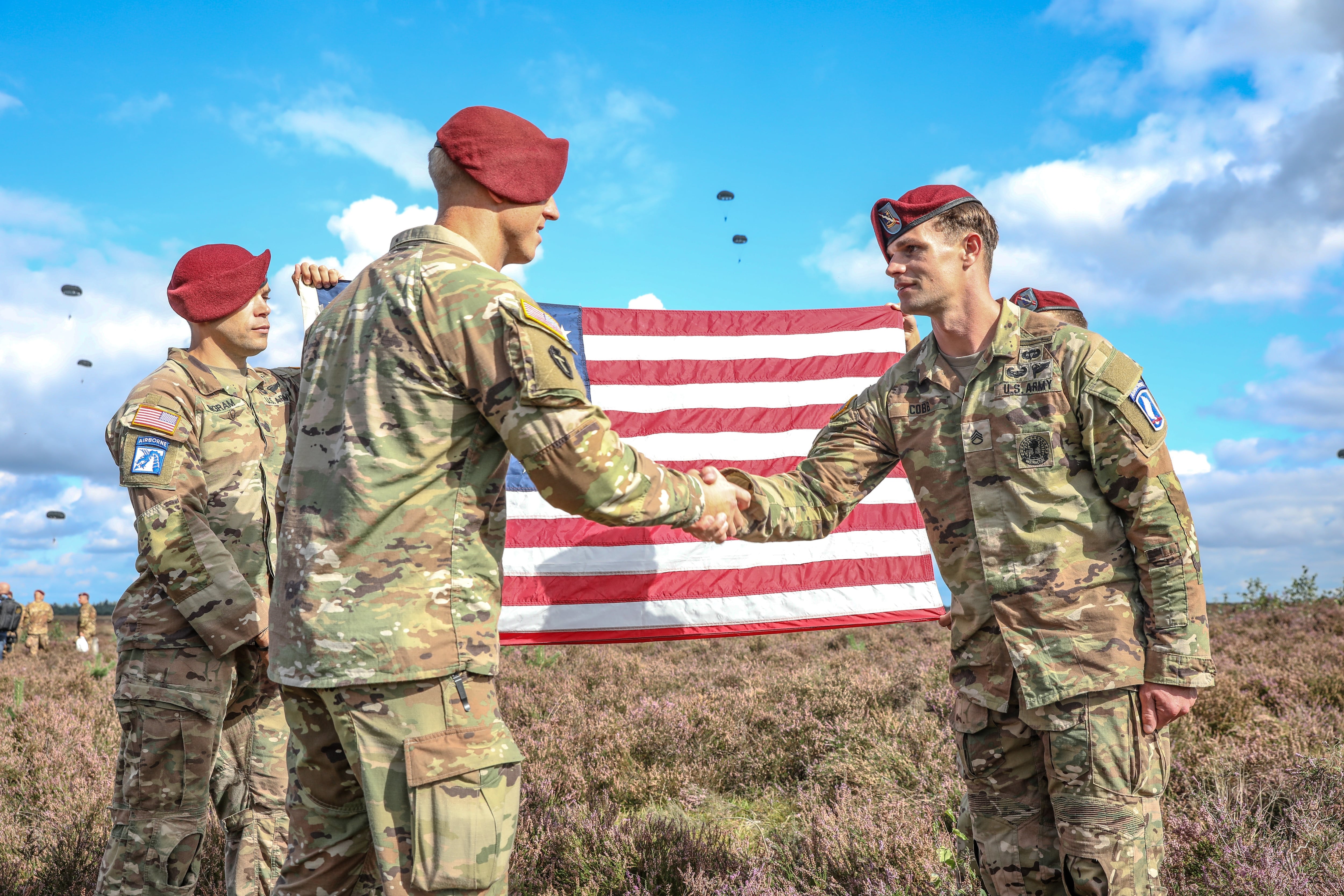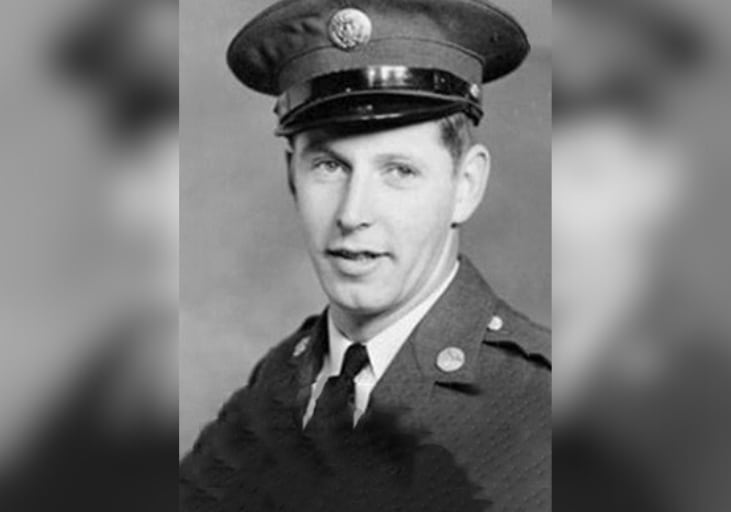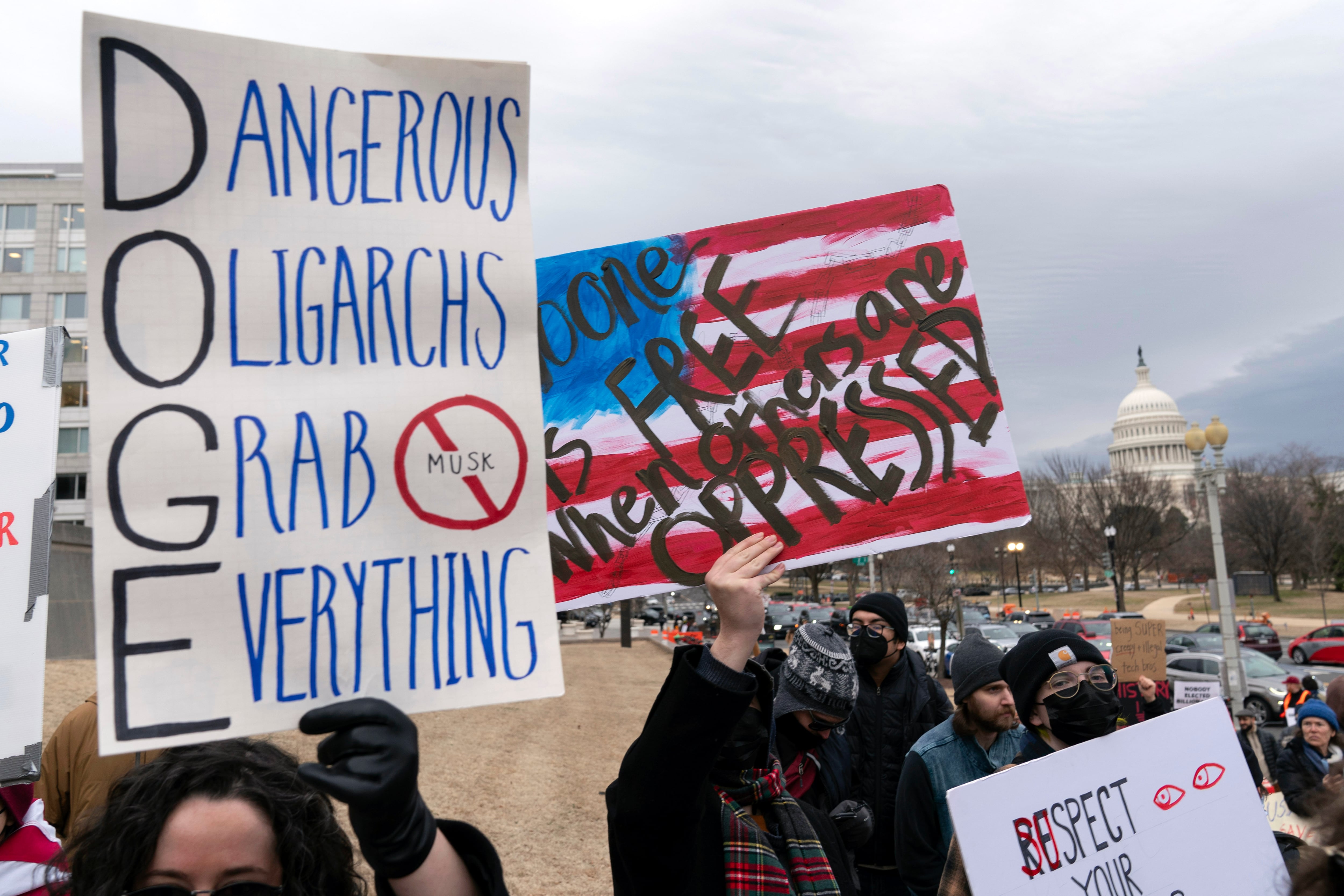The Army’s top enlisted soldiers got together in El Paso, Texas, last month for Sergeant Major of the Army Michael Grinston’s most recent “Solution Summit” — and one of the policy proposals emerging from the event could help transform how the Army retains top-performing soldiers.
Grinston told Army Times in a phone interview that they’re exploring performance-based retention incentives. The proposal goes back to “a fundamental concept,” Grinston said. “How do we acknowledge talent, and how do we manage the talent that we have?”
The proposal, which is currently in the conceptual phase amid ongoing research, was one of several concepts Grinston approved for further exploration following the Texas conference. Grinston explained that the Solution Summit was meant to generate ideas that the sergeants major will work towards putting into place through monthly virtual meetings.
Other ideas moving forward for further research include a monthly accessions review board chaired by Training and Doctrine Command’s top NCO, eliminating alcohol restrictions in the barracks, a service-wide mentorship initiative, adding peer feedback to initial entry training and more.
The proposals also included other retention-focused ideas, such as non-chargeable leave after reenlistments, additional G.I. Bill benefits and bonuses for those who win Army-level competitions.
Some of the ideas might require coordination across the Army, or even with senior Defense Department officials or Congress, Grinston acknowledged. And each senior NCO tasked with developing a proposal will have to identify those external challenges when they bring their pitch back to the group.
How might performance-based bonuses work?
Grinston’s explanation of the bonuses was light on detail because Sgt. Maj. Tobey Whitney, the Army’s senior career counselor, will ultimately develop the proposal, but he offered insight into what may be on the table.
“If you had two [infantrymen], and one was airborne, Ranger-qualified and a master gunner...and then one passed basic qualifications of [infantrymen], scored [the minimum] on the PT test and had no other qualifications, which one would you want to keep?” asked Grinston. “We’ve got to do better at managing talent outside of the two variables — your [pay] grade and your [job].”
Currently, the service’s enlisted retention bonus program offers money based on an eligible member’s job, rank and a limited number of skill identifiers or special units, like the 75th Ranger Regiment. But for soldiers who fall into the same categories, the program offers the same amount of money regardless of performance.
Grinston said that Whitney, who will present his findings to his fellow sergeants major at the end of the month, will look into the history of performance-based pay as well.
“What were we doing back then, [and] why did we get rid of it?” Grinston asked.
According to a 2020 RAND report, the military had monthly “superior performance” pay from 1958 to 1976, but the program was “unpopular.”
The service’s top NCO hinted that if a new performance-based bonus pilot launches, it will likely be on a limited basis to allow it to start soon.
“We don’t want to start with the whole Army. Maybe we start with one specific MOS...pilot it, try it,” he explained. “And if it doesn’t work, you get rid of it.”
Ultimately, though, it’s all about talent.
“For those that are really talented, they have a lot of options outside the military,” said Grinston. “We should look at that talent [as] having a lot of options inside the military.”
Davis Winkie covers the Army for Military Times. He studied history at Vanderbilt and UNC-Chapel Hill, and served five years in the Army Guard. His investigations earned the Society of Professional Journalists' 2023 Sunshine Award and consecutive Military Reporters and Editors honors, among others. Davis was also a 2022 Livingston Awards finalist.





